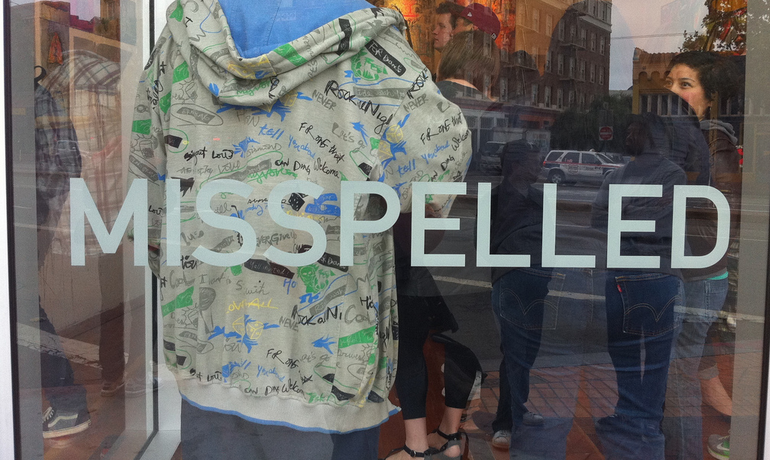According to Google, 7% of all search queries contain at least one spelling mistake and, in accordance with the basic principles of probability, the longer a query becomes, the more likely an error becomes.
To date, PPC managers have had the option of utilizing the “close variants” matching option. This meant that account managers could choose whether their exact match or phrase match keywords would match with close misspellings or singular/pluralized search queries.
For example, with close variant matching turned on by an account manager who was advertising on the keyword [blue shirts], would still serve ads to a user who accidentally searched for blue shirs.
In this scenario, if close variant had been off, the ads would not have shown to our clumsy-fingered Google user.
However, Google announced on Thursday that beginning in late September, the option to utilize close variant matching will no longer be available, and all campaigns will be opted in. Google’s rationalization for this change, as written in the announcement itself is, “Even if what [the searcher] has typed isn’t perfect, people still want to connect with the businesses, products, and services they’re trying to find.”
Google also revealed that since 2012, advertisers who utilized the close variant matching saw an average of 7% more clicks on exact and phrase match keywords, with comparable increases in CTR and in conversion percentage.
So long story short, the requirement to opt into close variant matching is (as Google perceives) a positive consequence of widespread performance increases. However, pour one out for your fallen freedom of choice.
(featured image by Steve Rhodes/Flickr)




